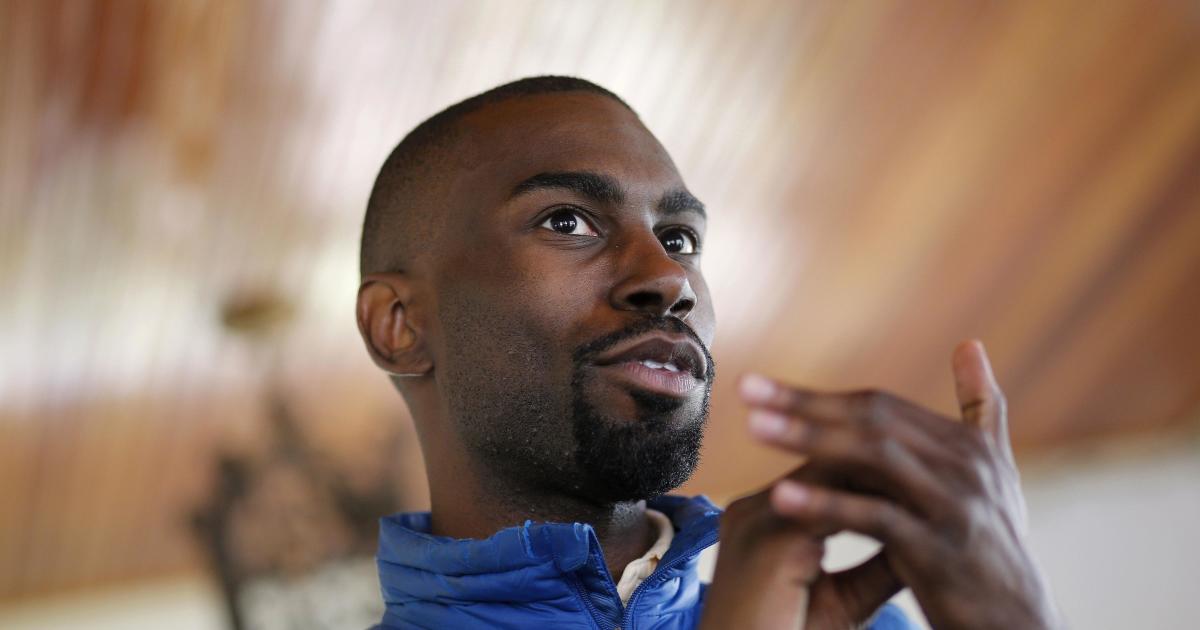Washington — The Supreme Court on Monday said it would not take up an appeal from Black Lives Matter activist DeRay Mckesson, who is facing a lawsuit from a Baton Rouge police officer who was hit in the head with an object during a protest in July 2016.
At issue in the case was whether the leader of a protest, Mckesson in this case, could be held liable for injuries inflicted by an unidentified person when the protest leader didn’t authorize or direct the violent act.
The dispute arose after Alton Sterling, a Black man from Baton Rouge, Louisiana, was shot and killed by a White police officer outside a convenience store on July 5, 2016. Sterling’s death set off a wave of protests against police brutality, including one that began outside of the Baton Rouge Police Department on July 9, 2016.
During the demonstration, a police officer was struck in the face by a rock or piece or concrete thrown by an unidentified protester, losing teeth and suffering a brain injury, his lawyers said. The officer, identified in court papers as John Doe, sued Mckesson for negligence in federal court, arguing he knew the demonstration would lead to violence and failed to calm the crowd.
Mckesson, who is represented by the American Civil Liberties Union, said the First Amendment protects him from being sued.
The case has been weaving through the courts, beginning with a decision from a federal district court in 2017 that said Mckesson couldn’t be sued. The U.S. Court of Appeals for the 5th Circuit reversed that decision and said Mckesson could be liable. He appealed to the Supreme Court, which sent the dispute back for further proceedings on whether state law allows the lawsuit.
After the Louisiana Supreme Court said a protest leader could be sued for negligence, the 5th Circuit ruled in June 2023 that the lawsuit against Mckesson could move forward. The divided appeals court said that Mckesson allegedly created “unreasonably unsafe conditions” by organizing the protest to start in front of the police station and failed to take action to “dissuade his fellow demonstrators” once they began looting a grocery store and throwing items. Mckesson, the 5th Circuit said, also led the protest onto a public highway, a violation of Louisiana law.
The activist turned to the Supreme Court again, which on Monday declined to take up Mckesson’s case. In a statement respecting the denial of the appeal, Justice Sonia Sotomayor said the court’s decision not to hear the case “expresses no view about the merits of Mckesson’s claim.” But Sotomayor pointed to a First Amendment decision from the Supreme Court last year and said she expects the 5th Circuit to “give full and fair consideration to arguments” regarding that ruling’s impact in future proceedings in Mckesson’s case.
